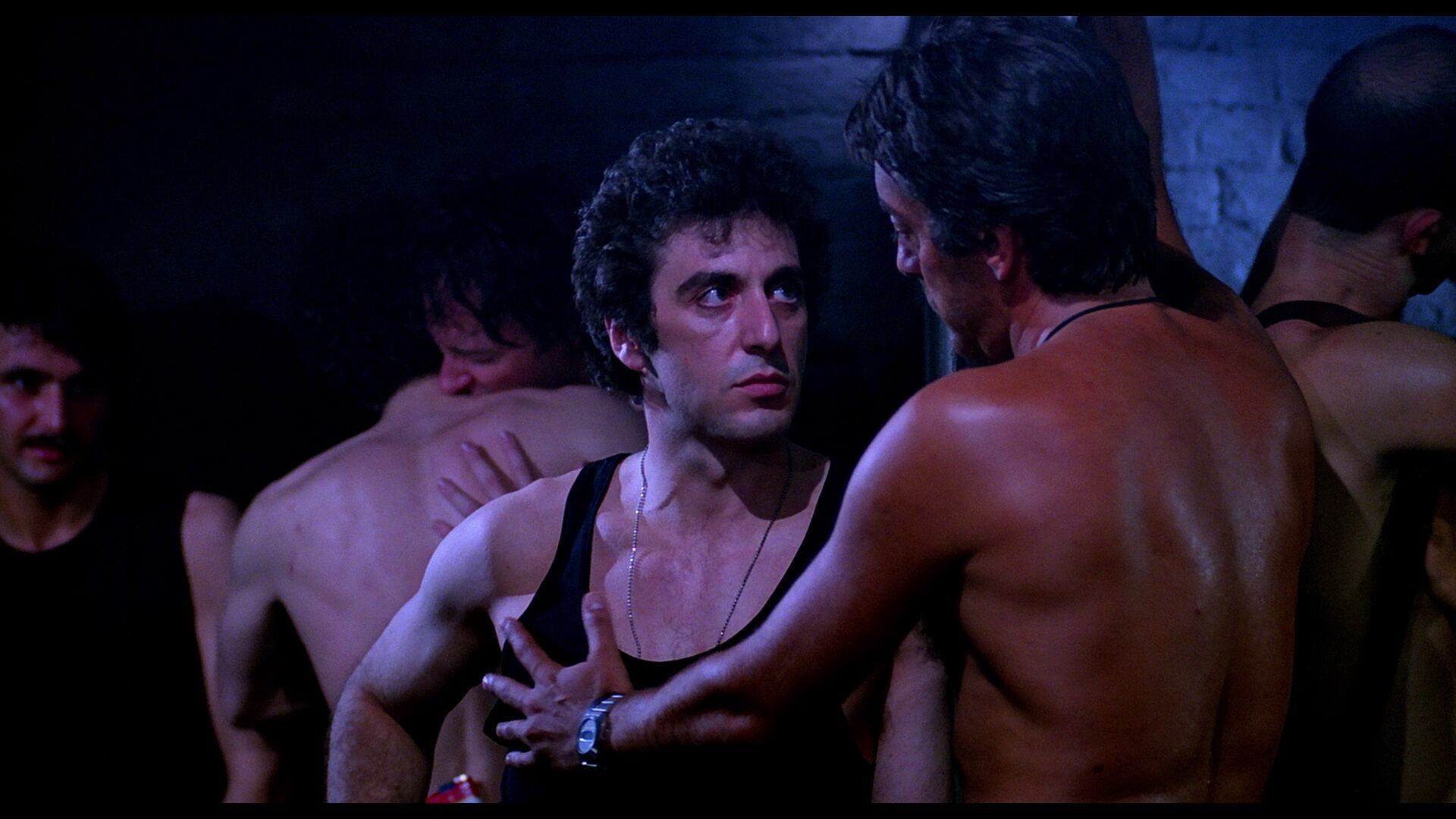Some film lovers might know the director William Friedkin, who passed away today at the age of 87, as the director of the 70s horror classic The Exorcist. Those with a more advanced knowledge of Friedkin’s filmography might remember him for his 1970 adaptation of Mart Crowley’s The Boys in the Band, one of the first commercial plays explicitly about gay life. However you remember Friedkin, his legacy remains a controversial one. As an ostensibly straight director with a penchant for bringing at least two gay stories to the big screen, Friedkin didn’t pull punches. Perhaps it was for shock value, perhaps he was genuinely interested in telling stories that weren’t being told yet–or at least weren’t being told honestly.
Related:
‘Talk to Me’ Actor Zoe Terakes Speaks Out Against Kuwait’s Transphobic Film Ban
“Reportedly, this is a first. This is a new precedent. It is targeted and dehumanising and means to harm us.”
“I sent this film to the ratings board with 40 additional minutes of pure male pornography,” Friedkin explained on a commentary track for 1980’s Cruising, a film that had LGBTQ+ activists picketing outside theaters during its release. He went on to explain that Al Pacino, who’d convincingly played the devoted boyfriend of a trans woman five years before in Dog Day Afternoon, had “no idea what the vibe was” in the queer community.
Cruising—which follows an undercover cop on the hunt for a serial killer targeting gay men—depicted a gritty, exploitative, yet ultimately iconic view of gay life, and more importantly, gay sex, in the late 70s. This was before the AIDS crisis had shut down clubs like Fire Island’s The Meat Rack, where, as Friedkin recalled, men could go any night of the week to enter “a gigantic pit with 200 to 300 guys in a daisy chain balling each other in the ass.” Even though he didn’t have a deep familiarity with the culture he sought to depict, he went balls deep anyway. The result is a film that, at the time, seemed to confirm all the nasty stereotypes about gay people that activists were fighting to disrupt in the age of Anita Bryant.
Today, however, a new, appreciative audience for the film has grown as a new generation of queer cinephiles continue to actively seek out the “bad” representation past generations despised.
Cruising has been reappraised in the current age and found to be somehow more validating in its fist-f*cking, sweaty leather glory than so many of the queer films made today precisely because it wasn’t interested in playing it safe.
It’s perhaps the greatest testament to Friedkin’s memory that we’re still talking about Cruising today–and will be for decades to come.
Don't forget to share:
Help make sure LGBTQ+ stories are being told...
We can't rely on mainstream media to tell our stories. That's why we don't lock our articles behind a paywall. Will you support our mission with a contribution today?
Cancel anytime · Proudly LGBTQ+ owned and operated
Read More in Culture
The Latest on INTO
Subscribe to get a twice-weekly dose of queer news, updates, and insights from the INTO team.
in Your Inbox














